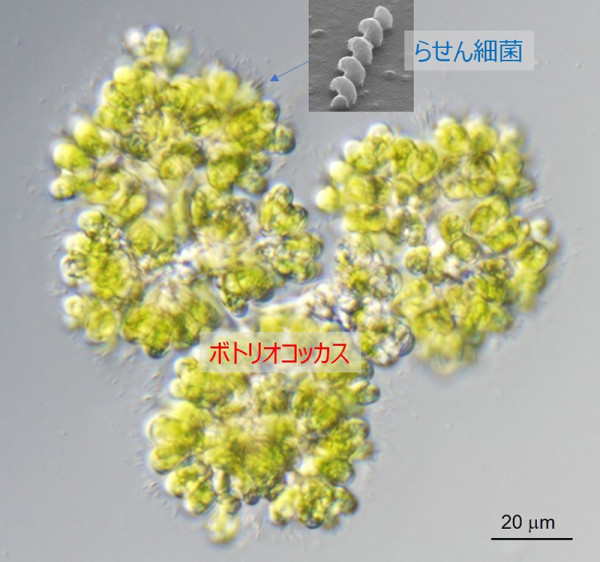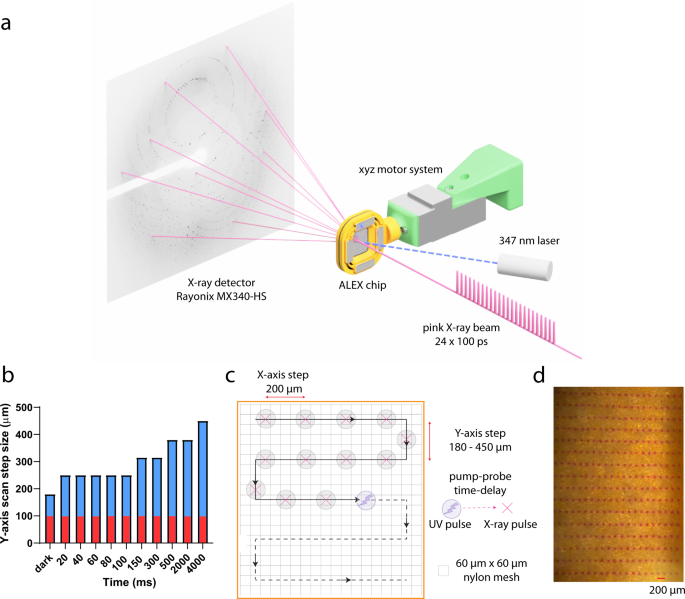肝臓の免疫細胞が、手術後の細菌の拡散を抑制する。 Immune cells in the liver control bacteria spreading after major surgery
2023-03-27 マックス・プランク研究所
研究チームの調査によると、手術中に同時に発生した感染症の原因は腸内の微生物の影響があることがわかりました。
約4,000人の手術後の患者の微生物を分析した結果、感染症の原因は腸内細菌(Enterococcus、Escherichia coli、Clostridium)であることがほとんどであることが明らかになりました。研究チームは、手術後の感染症の原因となる微生物が健康な患者の場合にどのように制御されるかを調査し、肝臓の特別な免疫細胞がこれらの病原体をコントロールする役割を果たしていることを発見しました。腸内細菌が体内に侵入する原因を特定するまで、免疫力を強化することが手術後の感染症を予防するための合理的な予防策となります。
この研究グループは、新しいワクチンや免疫療法の概念と戦略を開発するために、免疫システムの発達と機能について多レベルで研究を行っています。
<関連情報>
- https://www.mpg.de/20065195/intestinal-bacteria-postoperational-infections?c=2249
- https://www.cell.com/cell-reports/fulltext/S2211-1247(23)00280-2
ILC3は腸内細菌の播種を制限し、術後の肝再生を保護する ILC3s restrict the dissemination of intestinal bacteria to safeguard liver regeneration after surgery
Manuel O. Jakob,Daniel Spari,Daniel Sànchez Taltavull,Lilian Salm,Bahtiyar Yilmaz,Rémi Doucet Ladevèze,Catherine Mooser,David Pereyra,Ye Ouyang,Theresa Schmidt,Irene Mattiola,Patrick Starlinger,Deborah Stroka,Franziska Tschan,Daniel Candinas,Georg Gasteiger,Christoph S.N. Klose,Andreas Diefenbach,Mercedes Gomez de Agüero,Guido Beldi
Cell Reports Published:March 17, 2023
DOI:https://doi.org/10.1016/j.celrep.2023.112269

Highlights
•Translocating intestinal bacteria cause surgery-related infections
•Systemic dissemination of intestinal bacteria is restricted by ILC3s via IL-22
•ILC3s promote antimicrobial peptide production in hepatocytes
•The ILC3-controlled spread of intestinal bacteria limits liver regeneration
Summary
It is generally believed that environmental or cutaneous bacteria are the main origin of surgical infections. Therefore, measures to prevent postoperative infections focus on optimizing hygiene and improving asepsis and antisepsis. In a large cohort of patients with infections following major surgery, we identified that the causative bacteria are mainly of intestinal origin. Postoperative infections of intestinal origin were also found in mice undergoing partial hepatectomy. CCR6+ group 3 innate lymphoid cells (ILC3s) limited systemic bacterial spread. Such bulwark function against host invasion required the production of interleukin-22 (IL-22), which controlled the expression of antimicrobial peptides in hepatocytes, thereby limiting bacterial spread. Using genetic loss-of-function experiments and punctual depletion of ILCs, we demonstrate that the failure to restrict intestinal commensals by ILC3s results in impaired liver regeneration. Our data emphasize the importance of endogenous intestinal bacteria as a source for postoperative infection and indicate ILC3s as potential new targets.


